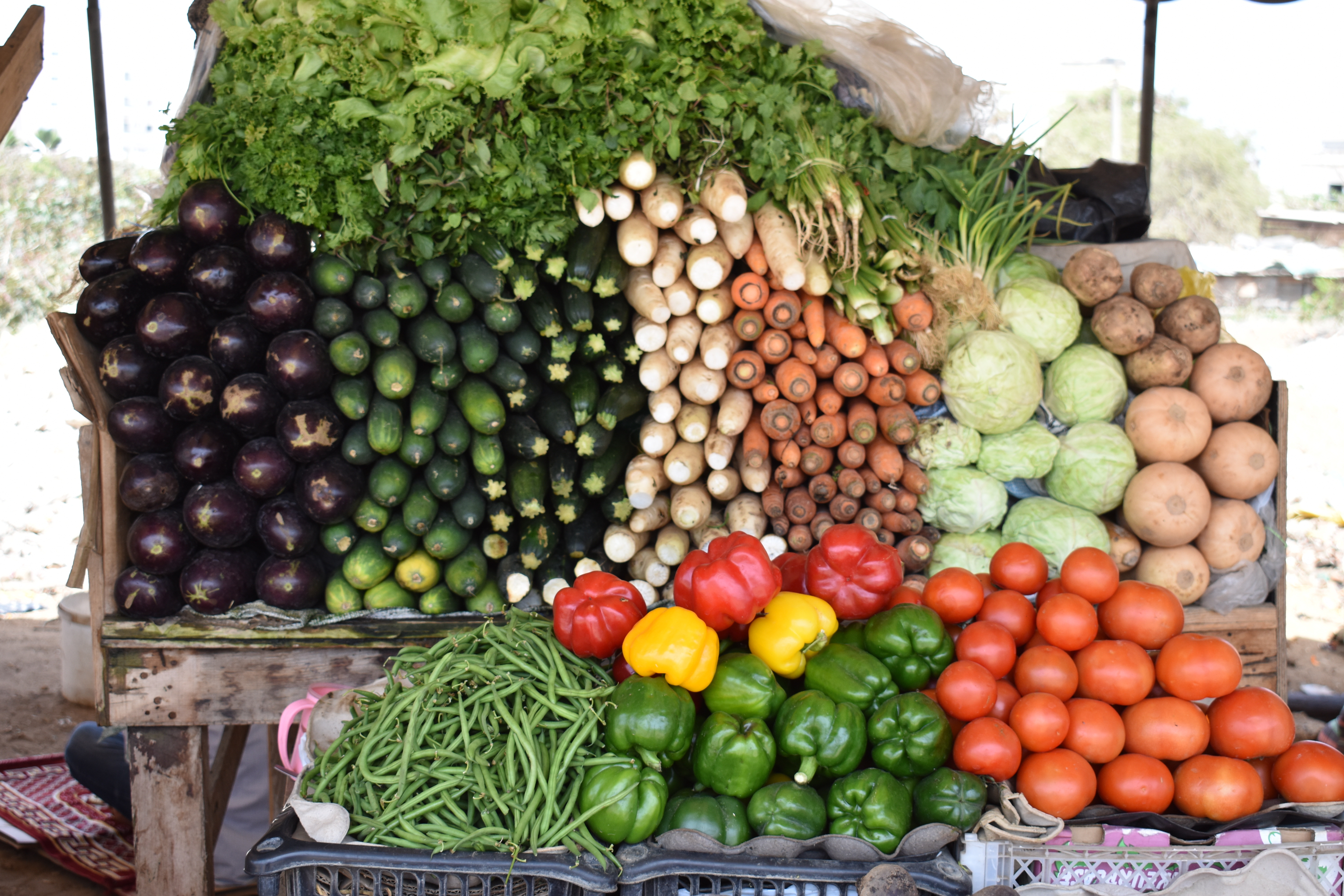
This letter features reporting from "Diabetes on the Rise in Senegal" by Amy Nye
Dear Mr. Thompson,
According to Amy Nye, the author of "Diabetes on the Rise in Senegal," there are almost 800,000 people in the sub-Saharan African country living with diabetes—five percent of the country's population. Mor Diaw, a physician/researcher specializing in diabetes and obesity in Dakar, the nation's capital, believes the rise of diabetes is due to the changes to diet and lifestyle that come with urbanization. For instance, the most popular Senegalese food, thieboudienne, is a fish stew served over rice, and it is high in calories and fat. This food is relatively new in Senegal, as it was not eaten there until around fifty years ago.
People are leaving their farming lifestyle behind for an increasingly sedentary life with more access to unhealthy food. Thus, greater numbers of people are contracting diabetes, and the estimated number of people with diabetes in Senegal is likely too low, as many people do not seek or receive health care. Nye explains how many Senegalese people are not educated about the disease and thus do not understand how to prevent it.
The issue of diabetes is not endemic to just Senegal, but also to the United States and specifically Mississippi. According to the American Diabetes Association, almost 400,000 people in Mississippi, or 15.4 percent of the adult population, have diabetes, and it is estimated that almost 80,000 of those people do not know they have diabetes. Diabetes is extremely costly both for the individuals facing it and for our state as a whole, as it is estimated that diabetes costs $3.5 billion in Mississippi each year. The disease is clearly detrimental to our economy, so we must take extreme measures to greatly lower the number of people with diabetes in our state.
I propose that we start by increasing access to food in impoverished regions such as the Delta. Mississippi is the most food insecure state in the country, for twenty percent of the state's residents had limited or uncertain access to healthy food in 2016. If someone cannot even access healthy food, how are they supposed to stay away from diabetes? Our state must make an actual effort to reduce food insecurity by building more grocery stores in impoverished areas so that people have access to healthy food.
We must also do more to educate people on the effects of an unhealthy lifestyle. Diabetes can be prevented by exercise and healthy eating, so we must ensure that both our children and adults are aware of the ramifications of an unhealthy lifestyle. We should implement programs in our schools that do more to educate students, since bad eating habits are often formed in childhood.
Thank you for taking the time to read this letter. I hope that we will be able to make strides toward a healthier tomorrow for the state of Mississippi.
Sincerely,
Oluwamitoni Oluwatade

Toni Oluwatade
Toni Oluwatade is a senior at St. Andrew's Episcopal School in Ridgeland, Mississippi. She loves playing soccer and teaching Sunday school at her church, and she is passionate about kids and Africa, specifically her parents' home country of Nigeria.